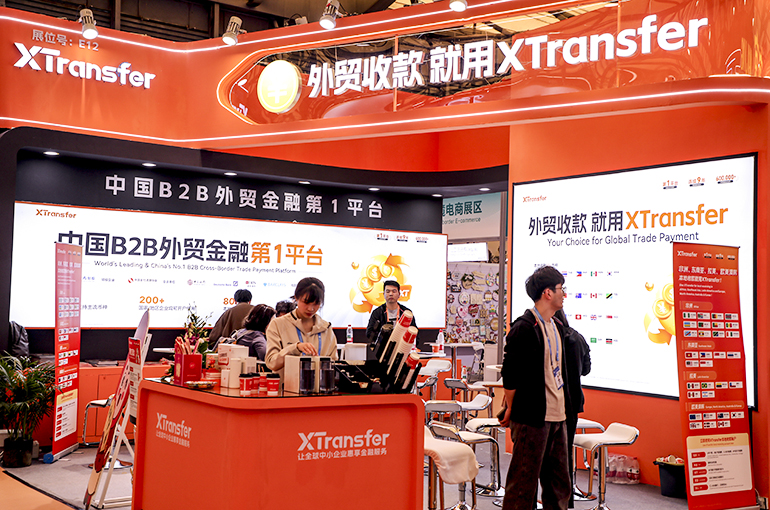Select Language:
The primary use case for stablecoins is in cross-border business transactions, especially for companies engaging in international trade, according to the CEO of a Chinese fintech company that specializes in global commerce solutions. He recently highlighted at a conference in Shanghai that cross-border payments often encounter significant obstacles, including hefty fees and sluggish processing times through intermediary banks. Stablecoins have the potential to address these issues by lowering service costs and accelerating transfer speeds.
Unlike traditional bank ledgers that are private and closed, stablecoins operate on a global, open blockchain network. For import-export businesses, they function as portable digital currencies—digital dollars, euros, and eventually, digital versions of the Chinese yuan.
It is predicted that within three years, most import-export firms will adopt dual-currency wallets capable of supporting both fiat currency and stablecoins. All transactions involving stablecoins are fully traceable on the blockchain, accessible for real-time verification, and can support smart contract automation. This integration could streamline payment verification processes between buyers and sellers, enhancing the efficiency of anti-money laundering and risk management efforts.
The fintech firm serves not only Chinese exporters but also international trade companies across Europe, the Middle East, Africa, South America, and beyond. Some importers in countries like Argentina are already utilizing stablecoins for cross-border payments, with more nations expected to follow.
However, industry experts believe that widespread adoption of stablecoins will take time. Traditional payment systems are expected to remain dominant in the short term. Stablecoins are likely to serve as an extension of existing fiat currencies, with technological, financial, and cultural barriers needing to be addressed. Overcoming these obstacles will require patience and time.
Currently, due to regulatory restrictions, companies in China are unable to use stablecoins, and it will be some time before these restrictions are eased.






